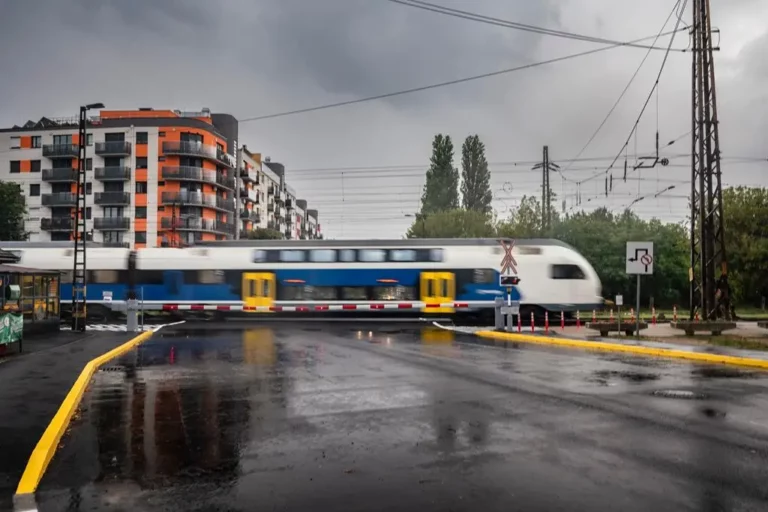Serbia
Hungary establishes another important regional cooperation

German barge sank after bumping into Danube bridge

Refuelling in Hungary? Fuel is cheaper in almost all neighbouring countries

Hungary, Serbia, Bulgaria presidents sign declaration for families

Hate crime in Novi Sad: ‘Hungarian bastard, you should be killed’

Orbán’s closest political advisor will help Trump win the presidency?

Serbian elections 2023: Vučić’s party wins, Hungarian party remains in government

Orbán government for strong Hungarian representation in Belgrade parliament

Hungarian FM hails ‘high point’ of Serbia-Hungary ties

PM Orbán for deepening Hungarian-Serbian friendship – UPDATED

Hungary, Serbia and Slovenia to launch electricity bourse in 2024

Hungary developing ties with the Serbian Republic of Bosnia

Is a disaster coming? Shocking decline of Hungarians living beyond the borders

This Hungarian international train is back on track

From Bucharest to New York, the 120th anniversary of János Neumann is being celebrated

Hungary, Serbia, North Macedonia join against Bulgaria

Regular train services come between Hungary and Serbia

Hungarian development policy to focus on South





 ZH
ZH IT
IT DE
DE HR
HR NL
NL FR
FR JA
JA RO
RO RU
RU ES
ES TR
TR
